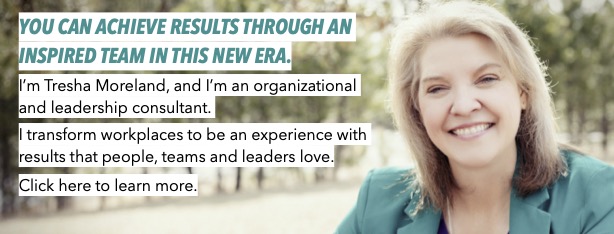Employers are in hot pursuit of lowering turnover and attracting talent. We know that employees are interested in not just the paycheck but also the experience in the workplace. Let’s face it, no paycheck is worth a toxic culture or rude co-workers. A positive experience is seen as the approach to improving overall engagement and retention.
So not to waste time, money and resources, is best to understand what employee experience is and is not. Here are 4 employee experience myths debunked.
Myth #1: Chief experience officers are essential to achieving the best employee experience
Employee experience takes a village and not a person. Experts agree that employee experience is tied to the human side of the business and very deeply integrated with human resources. However, effective employee experience is owned from the top and across the business at all levels. Take a look at
Be skeptical of the notion of the rise of the experience department as a chief “solution” to the human experience. The fact is no single person or department can move the needle on employee experience and engagement. Leadership organization-wide must be engaged and focused on improving the employee experience among any other objective. Even better, is when
Myth #2: It’s all about the foosball
Unique company perks like foosball, free food, and relaxed dress codes often hit headlines as must have. Studies offered by Linkedin and Glassdoor indicate that employees care more about healthcare coverage, PTO and flexibility than that of other perks.
Take a close look at what you already have to offer and look for ways to enhance those benefits. Offering more health and wellness benefits and more time off will have a bigger bang on employee experience than perks.
Myth #3: Experience is a millennial thing
It is interesting reading content on millennial and z-generations driving workplace changes. While they have large influence in the workplace, the truth is all generations care about being treated with respect and having work-life flexibility.
All generations want to know that their employer cares and listens to them. Sure, you can consider personalizing experience options as discussed in Myth #1 above, but don’t make it about a generational thing.
Myth #4: Employee experience is all about technology
Not necessarily. While technology does speed up mundane processes and eliminate wasted time, it is not the be all end all for employee experience. In other words, an employee may have sailed through the recruitment and onboarding processes, but then come in contact with a toxic boss or co-worker, ruining the entire workplace experience.
Consider leveraging technology to track the employee journey, laying out key milestones. Track when employees choose to leave the company. See if analytics will tell the story of what is making or breaking your employee experiences.
Enhancing the employee experience doesn’t have to be expensive or hidden is some magic pill. The secret to employee experience lies at the heart of a collaborative and sincere organization.

Latest posts by Tresha Moreland (see all)
- Find Your Anchor In A Sea Of Fear - April 18, 2024
- Overcoming Career and Life Plateaus - April 13, 2024
- How HR Strategies Can Revitalize Customer Service Excellence Post-Pandemic - April 11, 2024













